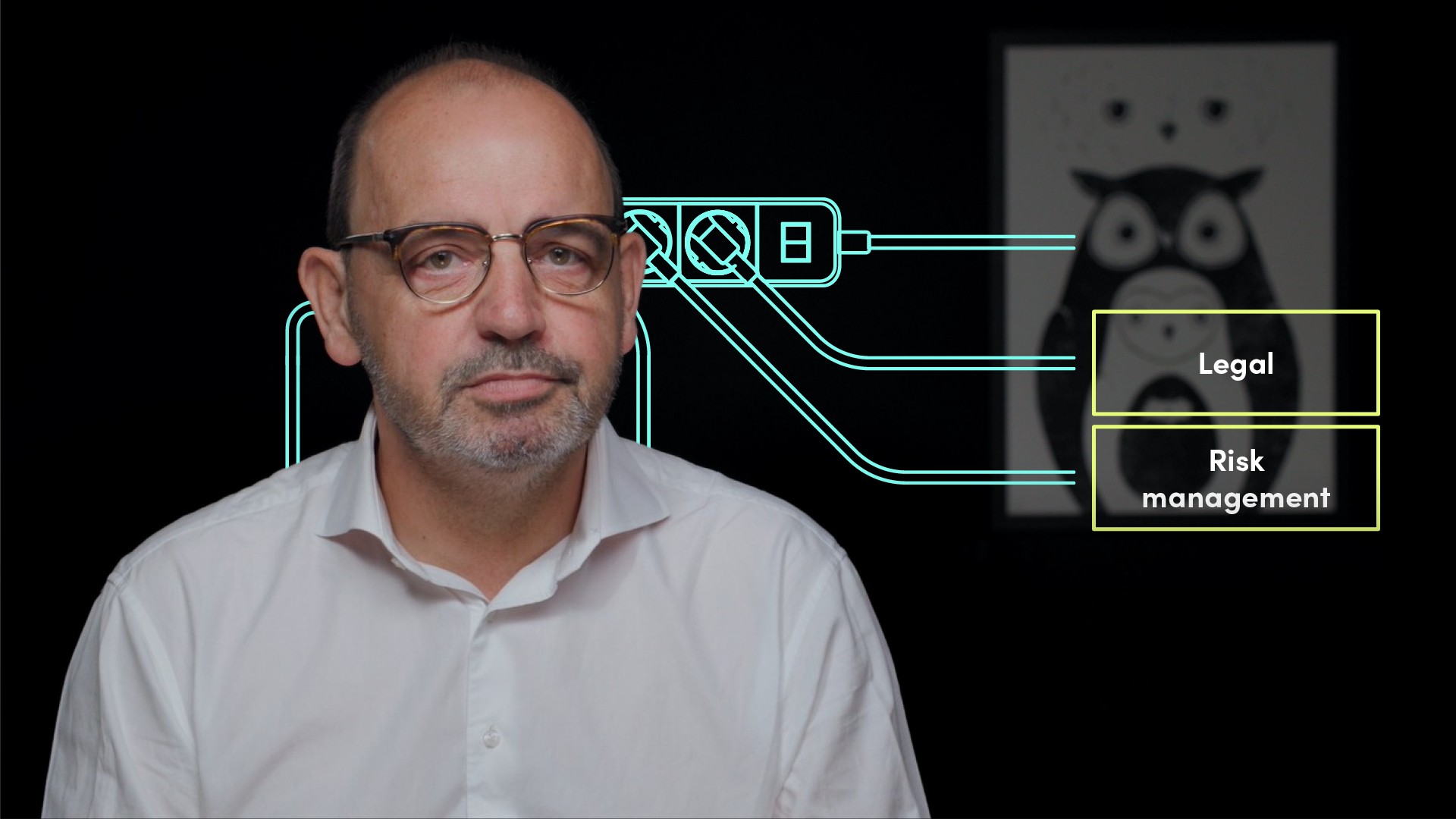
The Importance of a Good Treasury and ALM Function

David Stunell
30 years: Treasury & ALM
In this video, David tells us why some bank Treasury and Asset & Liability Management teams are successful, and why others are not. He further introduces the importance of aiming for good practice in the Treasury & ALM function in a bank.
In this video, David tells us why some bank Treasury and Asset & Liability Management teams are successful, and why others are not. He further introduces the importance of aiming for good practice in the Treasury & ALM function in a bank.

The Importance of a Good Treasury and ALM Function
7 mins 59 secs
Key learning objectives:
What is bank ALM?
What happens if a bank is not good at Treasury & ALM?
What influence does the current market and regulatory environment bring to bear?
Overview:
Treasury and Asset & Liability Management (ALM) takes place in all banks and similar financial firms. The scale and complexity will differ depending on the size and structure of the bank as well as the market in which it operates. However, fundamentally the activity is similar. What can differ greatly is the effectiveness of this work. Being good at Treasury & ALM in a bank is about much more than technical knowledge, experience and expertise. In this first of two videos, we look to provide context into why effective ALM is important before looking at specifically what it is and how to achieve it in the second video.
What is bank ALM?
ALM in its widest sense encompasses the co-ordinated management of the entire balance sheet. This encapsulates lending, funding, liquidity, capital and all that goes with it, including interest-rate risk, currency risk, margins and pricing. This is sometimes referred to as Balance Sheet Management.
What happens if a bank is not good at Treasury & ALM?
Overall performance, as well as the safety and stability of a bank, invariably reflects a good ALM process. A bank will not be good at Treasury & ALM unless the Treasury & ALM teams work effectively with the rest of the organisation. Banks that perform strongly in helpful markets will be vulnerable in less favourable conditions such as those experienced in the Global Financial Crisis. Strong Treasury & ALM teams alone will not protect the bank from a fundamental weakness in the overall ALM process.
Bank failures are rarely the result of a single weakness in a business or operating model. There are examples of where there was adequate awareness of risk at executive and Board level, only to be undermined by an inappropriate appetite for risk. This could include an over reliance on wholesale market funding or a large structural interest rate risk position, seemingly unconnected, but both could be impacted by an apparently unconnected event in a loosely related market. Alternatively, it may be an organisational or governance weakness where the ALM voice is not heard, or just plain ignored. Treasury & ALM teams are often given problems to solve when it is too late; much better to avoid this by giving them an early opportunity to help avoid the problems in the first place.
What influence does the current market and regulatory environment bring to bear?
Since the Global Financial Crisis, a lot has changed: the regulatory framework is stronger and there is increased scrutiny and higher expectations from stakeholders, including shareholders, regulators, investors, ratings agencies and customers. Boards and executive management are more aware and are more accountable. Margins and earnings are often tight and balance sheet resources such as capital and liquidity are sometimes scarce.
Grasping the dynamic ever-changing nature of ALM is the key to making informed decisions. Treasury & ALM must influence wider commercial outcomes, and not just manage the consequences of them.

David Stunell
There are no available Videos from "David Stunell"

